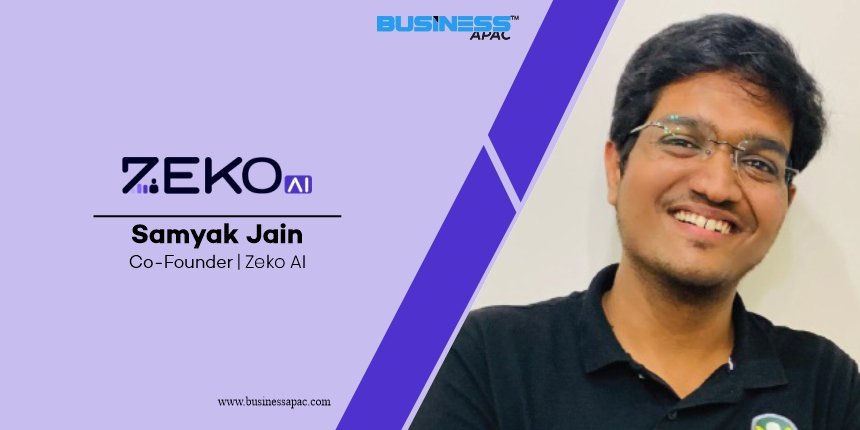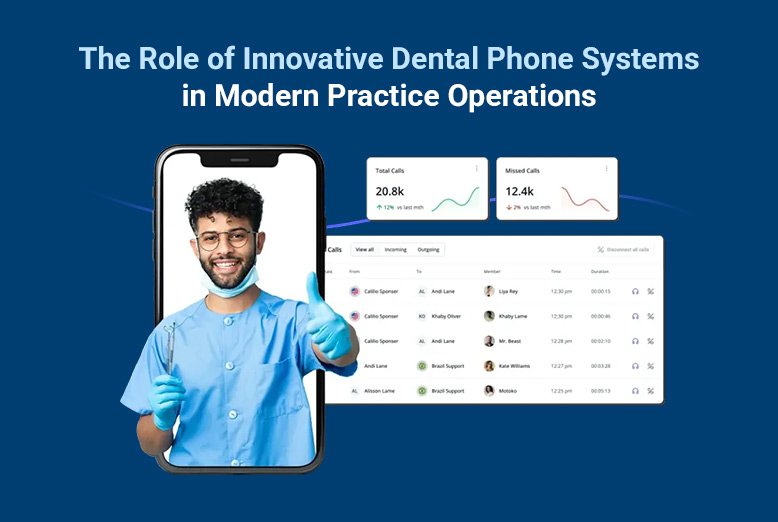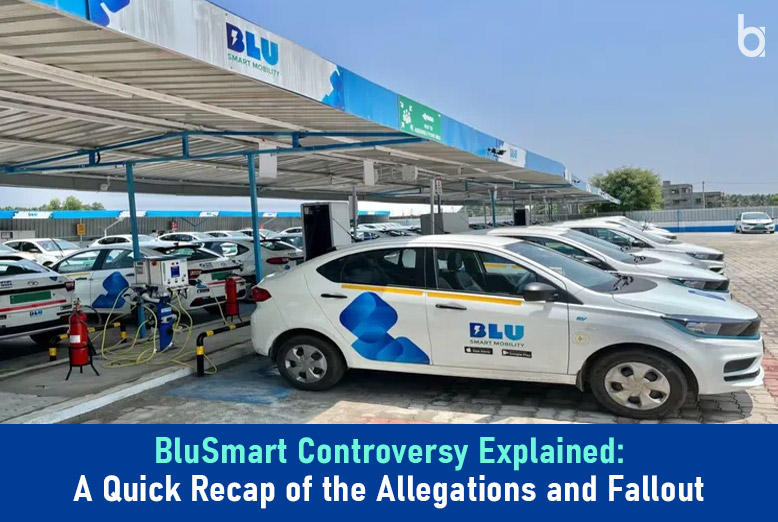Initial discussions surrounding advanced Artificial Intelligence, particularly following OpenAI’s advancements, often centered on anxieties about job displacement. Headlines frequently warned, “AI is going to take our jobs.” However, the practical application of AI, especially Generative AI (GenAI), increasingly demonstrates its capacity to enhance productivity, streamline workflows, and augment human capabilities rather than simply replace them. This is particularly evident in complex business processes like talent acquisition, where inefficiencies can significantly impact organizational growth and costs.
Enterprise recruitment often struggles with persistent problems: communication gaps between hiring managers and recruiters leading to misaligned efforts, inherent human biases potentially skewing candidate selection, operational delays extending hiring cycles over months, and the substantial costs associated with these inefficiencies. Addressing these issues requires more than incremental improvements; it demands a fundamental rethinking of the process. Samyak Jain, an IIT Delhi alumnus, co-founded Zeko AI precisely to provide such a solution, utilizing AI agents to tackle these core recruitment challenges head-on.
The Genesis: From Campus Hiring Insights to Enterprise AI Solution
Zeko AI’s origins lie in the experiences gained from Mr. Jain’s previous venture, MyWays.ai, which he co-founded with Tanvi. “My co-founder, Tanvi, and I have been deeply engaged in the recruitment and talent evaluation space for over five years,” Mr. Jain explains. MyWays.ai concentrates on hiring and assessing new graduates from India’s premier engineering institutions, including IITs and NITs. This work provided direct exposure to the “systemic inefficiencies in recruitment processes, especially in large organizations.” They observed firsthand the consequences of misalignment, bias, and operational delays.
The team at MyWays.ai had already developed a robust engine for skills evaluation. The significant advancements in Large Language Models (LLMs) in 2022, coupled with insights from internal operational events, served as a catalyst. These developments allowed them to rapidly expand the scope of their evaluation capabilities beyond fresh graduates and technology roles. Building on this foundation, Zeko AI emerged. “We developed a proprietary layer to function along with LLMs, creating a product that conducts end-to-end interviews and builds talent pipelines,” Mr. Jain states. “This innovation has become the cornerstone of our mission… We can now achieve things that were not possible before.” Zeko AI launched as an AI-driven SaaS platform under the parent company of MyWays.ai, backed by investors including AUM Ventures, RTAF, and IIMA Ventures.
The Zeko AI Solution: AI Agents Streamlining the Recruitment Workflow
Zeko AI aims to directly counteract traditional hiring bottlenecks. Where communication breakdowns between hiring managers and recruiters can lead to wasted effort and extended timelines, Zeko AI interjects AI agents to facilitate clarity and alignment from the outset. The platform offers a suite of tools designed to achieve specific improvements:
- Enhanced Stakeholder Alignment: The platform engages hiring managers early to clearly define role requirements, understand company culture nuances, and align on strategic objectives, providing recruiters with precise guidance.
- Reduced Hiring Cycle Time: Zeko AI automates several time-consuming stages. The company claims its AI-powered automation can cut overall hiring time by as much as 80%, reducing cycles from weeks or months down to days.
- Optimized Candidate Sourcing and Screening: AI algorithms identify and filter candidates from various open sources. The Zeko Screen tool helps process applications efficiently, while Zeko Hire prioritizes high-quality applications, allowing recruiters to focus efforts effectively. Zeko Hunt will likely assist in targeted candidate outreach.
- AI-Powered Candidate Evaluation: Zeko AI conducts virtual, conversational audio-video interviews (Zeko Interview) for both technical and non-technical roles. These AI-driven interviews generate detailed candidate assessments, aiming to provide objective, data-driven evaluation and reduce human bias. The platform also includes tools for advanced paperwork verification.
- Streamlined Decision-Making: Instead of presenting hiring panels with large numbers of candidates (e.g., 15-20), the platform provides a curated shortlist of the top three or four applicants, simplifying the final selection process.
- Scalability and Specialization: Zeko AI offers solutions tailored for specific needs, such as Zeko RPO (Recruitment Process Outsourcing support) and Zeko Campus (likely leveraging insights from MyWays.ai for campus recruitment). The platform supports multiple languages and dialects, positioning it for global application.
Zeko AI asserts these combined capabilities lead to a high degree of efficiency, claiming an 80% success rate in making hires within just two to three interviews.
Navigating Implementation Challenges
Developing and deploying such a system was not without obstacles. Mr. Jain acknowledges key early challenges:
- Defining Market Focus: “One of our biggest challenges was identifying our focus,” Mr. Jain recalls. An initial attempt to serve too broad an audience diluted their efforts. The team learned to concentrate on their ideal customer profile: enterprise organizations hiring 10 or more people each month. This allowed for more effective resource allocation and service refinement.
- Driving Organizational Change Management: Securing adoption within client organizations proved difficult, even with leadership support. Mr. Jain notes, “Even in cases where the leadership is aligned… the actual executors are often not able to adopt due to limited bandwidth and lack of prioritization.” Zeko AI addressed this by analyzing user behavior data and tailoring its services and implementation support to better meet the practical needs and constraints of operational teams.
Evidence of Performance and Market Validation
Zeko AI offers specific examples and endorsements to validate its impact:
- Client Case Studies: A large organization focused on diversity hiring utilized Zeko AI to efficiently identify suitable candidates beyond its usual pool and received upskilling recommendations, enabling it to meet diversity objectives.
- A rapidly scaling company struggling with high application volume integrated Zeko AI with its existing systems (job boards, ATS). The platform scanned thousands of resumes, conducted initial AI interviews, and delivered candidate shortlists within days, significantly accelerating their talent acquisition.
- Awards and Recognition: Zeko AI received the “Best HR Tech Startup” award at the Future Tech Summit, acknowledging its AI-powered interviewing features and potential impact.
- Investor Confidence: Investors provide third-party validation. Chetan Mehta of AUM VC highlights Zeko AI as an “India-centric innovation with global scalability,” aligning with the growing demand for AI solutions in emerging talent hubs like India and the Middle East. CA Amit Singal of RTAF emphasizes the “direct economic impact,” positioning Zeko AI as a tool that reduces hiring costs and operational inefficiencies, thus framing recruitment more as an investment than a cost center.
The Leadership Driving the Technology
Samyak Jain’s leadership philosophy appears integral to Zeko AI’s development and culture. He emphasizes two core principles:
- People-First: “We believe the company grows only if individuals within it grow,” he states. This translates into fostering a work environment where team members feel passionate, take ownership, and are empowered to develop personally and professionally. He asserts that “trust and investment in people sustain an organization during crises,” valuing this over-reliance on high salaries or brand recognition alone.
- Innovation-driven: Mr. Jain encourages creative thinking and process redefinition across all roles within the company. “Regardless of their domain, we encourage our team to think creatively,” he shares. Technology serves as a core element not just in the product, but in internal operations as well.
This philosophy aims to build a resilient, aligned, and continuously improving organization capable of sustaining innovation in the fast-moving HR tech space.
Future Outlook: AI’s Evolving Role in HR
Mr. Jain envisions AI playing an increasingly central role in HR and talent acquisition, moving beyond simple automation. “AI is reshaping recruitment and engagement by taking over repetitive, time-consuming tasks,” he notes, “[enabling] HR professionals to focus on employee growth and organizational culture.”
He anticipates key trends driving this evolution:
- Personalization: Creating more tailored recruitment experiences that better align candidate values and aspirations with organizational culture.
- Data-Driven Decision-Making: Utilizing predictive analytics more effectively to optimize candidate sourcing strategies and improve employee retention.
- Seamless Integration: Embedding AI tools more deeply and smoothly into existing HR workflows for enhanced efficiency.
Zeko AI’s strategic goal aligns with this vision. “We want to redefine HR by empowering professionals to focus on people rather than processes,” Mr. Jain says. The objective is to create a platform that enables recruiters to onboard individuals who not only possess the required skills but also fit and contribute positively to the workplace culture. His desired legacy involves demonstrating the importance of aligning recruitment with organizational values and helping unlock employee potential.
Also Read: The 10 Promising HR Firms, 2025















